 |
||||||||||
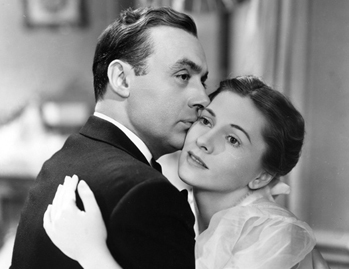
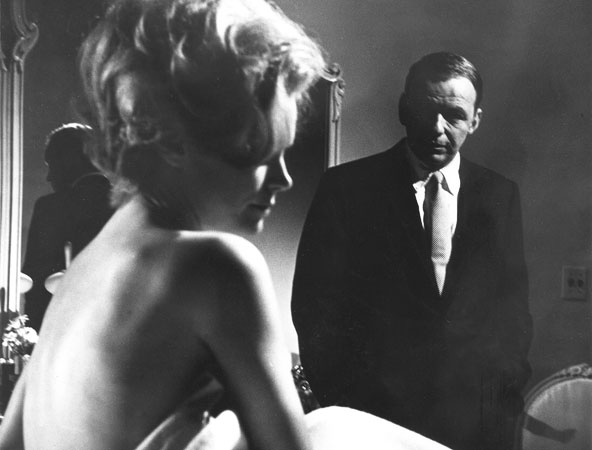
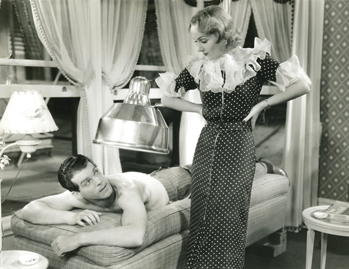
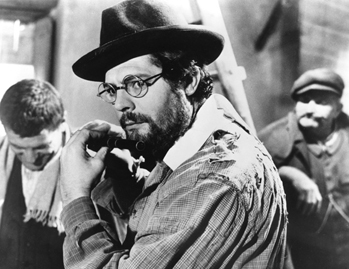
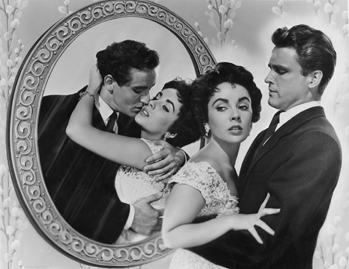
Imagine a man, even the most serious musician, preferring his violin to Elizabeth Taylor! But that’s just what happens in RHAPSODY, a deliriously enjoyable musical melodrama from 1954. Spoiled rich girl Taylor loves violinist Vittorio Gassman but finds herself playing second fiddle to his career. Following a failed suicide attempt, she’s nursed back to health by tenderly doting pianist John Ericson (nearly as pretty and earnest as the young Monty Clift). She marries the boy on the rebound—and soon he’s drowning his sorrows in drink. Director Charles Vidor (GILDA, LOVE ME OR LEAVE ME) treats this material with more respect than it likely deserves. Only the Joan Crawford HUMORESQUE or Ken Russell’s THE MUSIC LOVERS are more musically swoony. Though Vidor’s film teeters on the edge of ridiculousness, it’s repeatedly righted by the honestly expressed emotions of an appealing cast. Taylor is at the height of her 1950s beauty—no small asset. Thanks to the Warner Archive Collection for making this piano-pounding romance available again.
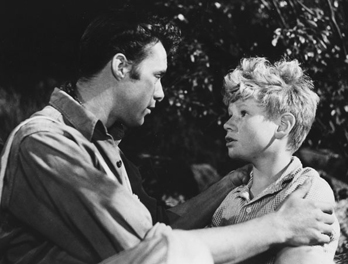
It is part of the magic of the movies that they stay the same while the world around them keeps changing, allowing us to glimpse lost times and to see performances by actors now departed. A case in point is the now mostly forgotten THE SPANISH GARDENER, a film from 1956, an era when movies didn’t have to be spectacles to attract an audience. It tells the story of a British diplomat, assigned to an out-of-the-way Spanish post with his young son. The diplomat aspires to better things and possesses a spotless record, but is curtly informed by his boss that he needs to learn to show more humanity in his dealings with others. His wife, we are given to understand, had good reason to leave him. His son lacks this option. His father’s interest in him primarily takes the form of an absurd over-protectiveness. When the lonely boy forms an attachment to their gardener, someone who gives the boy the opportunity for healthy exercise, affection, and fun, the father becomes jealously enraged. He forbids the two to even speak to one another. How this plays out is not surprising, but nonetheless affecting, thanks to the honestly felt performances of Dirk Bogarde as the gardener (then a dashingly handsome young actor on the rise) and Jon Whiteley as the boy. The two had partnered previously in the tender on-the-run story, HUNTED. Coincidently, Whiteley died this May. A serious lad with a wild shock of blond hair, he only made a handful of pictures, before his parents made him quit the business, including THE KIDNAPPERS in 1953, for which he won a rarely given Juvenile Oscar. A friend reads GARDENER as a metaphor for the blundering blindness of British colonialism. You will have to decide for yourself how accurate this is. Available as a DVD import.
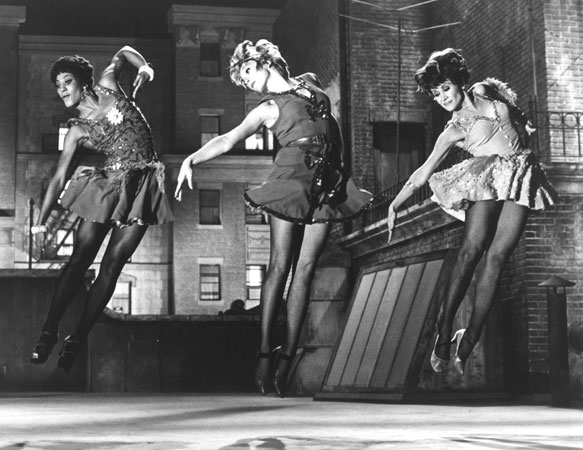
I don’t think I’d ever seen SWEET CHARITY with its original ending, before KINO LORBER’s recent blu-ray release of the “roadshow” version. It makes all the difference in the world! The film feels whole again. It has meaning and heartfelt feeling. It’s about carrying on and living life in the face of seemingly impossible odds. And it’s good! The film was a flop when it came out in 1969. As studios were wont to do in that era, when movie musicals were losing their box office appeal, they figured rejiggering it might help. (See also STAR, which became THOSE WERE THE HAPPY TIMES and GOODBYE, MR. CHIPS with Peter O’Toole and Petulia Clark, which had every song cut out of it that didn’t directly further the plot.) This didn’t work, of course, but left CHARITY saddled with a blatantly contrived, wholly false “happy” ending. The film has also struggled with a couple of other misconceptions: 1) That the choice of star Shirley MacLaine was a compromise; that she was not on par with the show’s Broadway star, Gwen Verdon. A superb dancer in her own right, as well as an experienced movie actress, I can’t believe that the delightful MacLaine isn’t just as good as Verdon might have been. 2) That being a first-time director, Bob Fosse didn’t know what he was doing. There are signs he was experimenting here. The brief freeze-frame sequences look mannered and dated now. But Fosse would win a Best Director Oscar for his very next film, CABARET. And when his CHARITY dances, it soars! You can tell he got his start as a choreographer. “Big Spender,” “If My Friends Could See Me Now,” “There’s Gotta Be Something Better Than This” (with Chita Rivera and Paula Kelly), and especially “Rich Man’s Frug” are all heart-racingly sensational, pulsing with the energy of the best movie musicals. SWEET CHARITY is long past due for reappraisal!
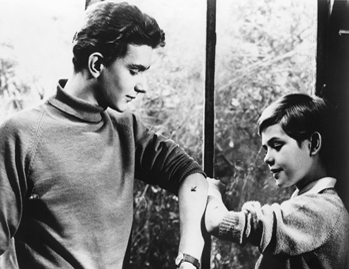
When love occurs where it is not usually found, does that make it wrong? THIS SPECIAL FRIENDSHIP is the story of a schoolboy crush that proves to be something more serious. 16-year-old Georges is the new kid at a Catholic boys’ school. He quickly notices a romantic attachment between two classmates and becomes instrumental in its discovery and punishment. It isn’t clear if he acts out of jealousy or a sense of naïve propriety. But soon Georges finds himself exchanging affectionate glances and love notes with a boy some years his junior—the charming Alexander, who could be a symbol of purity (he is first seen carrying a lamb) were it not for his teasing, mischievous smile. Adult authority quickly moves to obliterate this special friendship, perhaps with some justification considering Alexander’s age. But no one foresees the depth of the younger boy’s feeling. If the situation seems clichéd, the film’s treatment of it is anything but. Which is all the more remarkable since it was made in 1963, long before gay love stories were commonplace. This largely forgotten film is available in a passable DVD transfer from Aabatis.com.